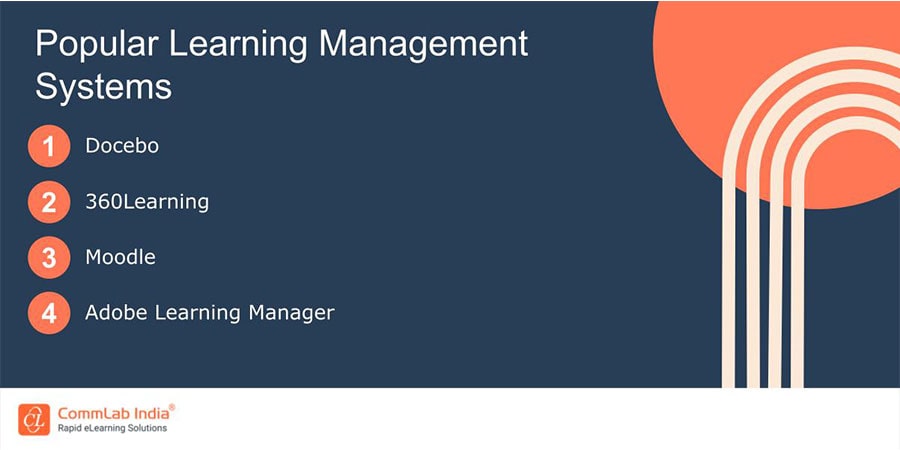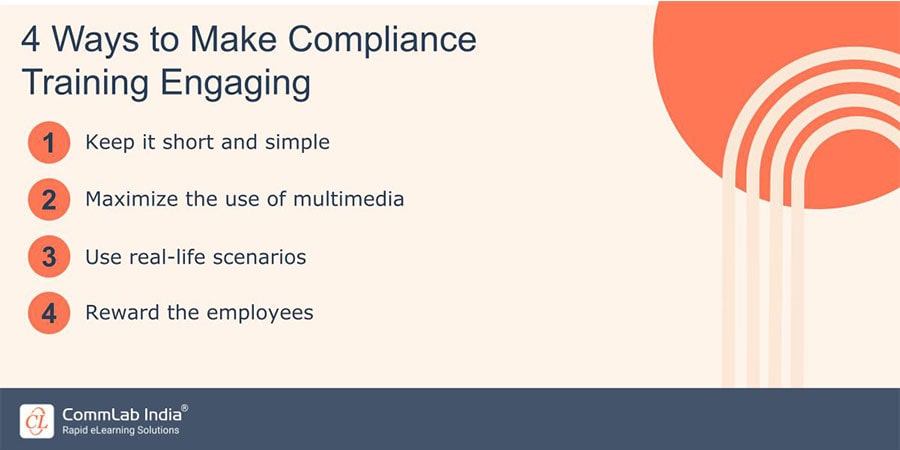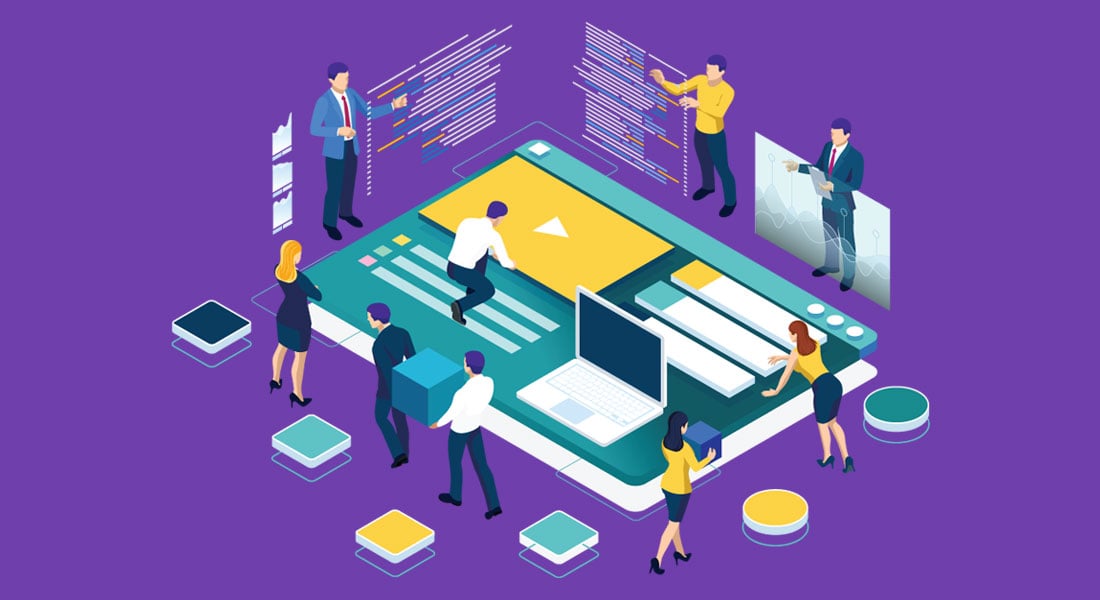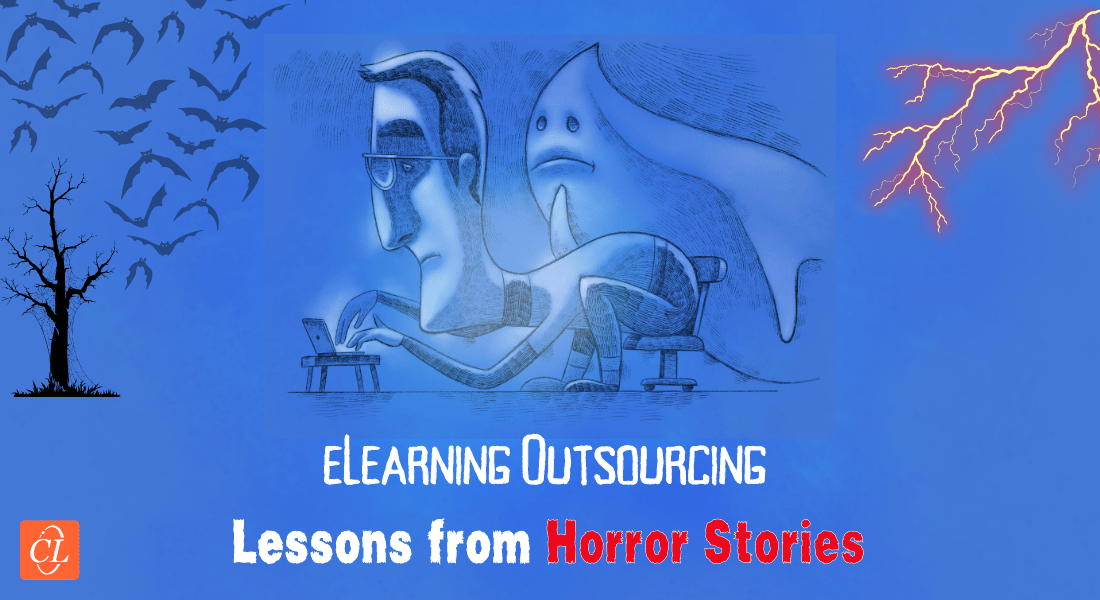Empowering Your Learning Ecosystem: The Comprehensive World of LMS Admin Support

In today's dynamic corporate landscape, Learning Management Systems (LMS) have evolved into indispensable tools for organizations and institutions alike. But as the scope of online learning broadens, so do the complexities of managing these digital hubs of knowledge. This is where LMS admin support steps in, offering a comprehensive array of services designed to streamline, optimize, and elevate your eLearning experience. This blog will help you understand about various services you can avail of through LMS admin support.
Having Difficulties Handling Your LMS on Your Own? Go for LMS Admin Support!
Here are a few services you can avail -
- LMS Selection
- LMS Implementation
- User Training
-
Troubleshooting and Technical Support
Read on to explore a few more services.
What Can You Avail of Through LMS Admin Support
1. LMS Selection
The primary goal of LMS selection support is to help organizations or individuals choose the most suitable Learning Management System (LMS) for their specific needs and goals. This involves considering factors such as budget, scalability, user requirements, and desired features.
LMS support providers start by conducting a thorough needs assessment. They work closely with the organization to understand their objectives, target audience, and the type of content to be delivered. Based on the assessment, LMS experts compile a shortlist of LMS platforms that align with the organization's needs. They consider factors like ease of use, scalability, content management capabilities, and reporting features. Support providers conduct vendor analysis, evaluating the reputation, reliability, and support services of LMS vendors. They also compare pricing and licensing models.
After careful evaluation, the support provider offers a recommendation on the most suitable LMS platform. This recommendation is typically accompanied by a detailed report outlining the rationale behind the choice. With expert guidance, organizations can make informed decisions about their LMS investment, reducing the risk of choosing an unsuitable platform. By selecting the right LMS from the start, organizations can avoid costly migrations or replacements in the future. Here are a few popular LMS platforms -

2. LMS Implementation
LMS implementation support focuses on setting up and configuring the chosen LMS platform to ensure it meets the organization's specific requirements and functions optimally. Experts assist in setting up the LMS, which includes configuring server settings, database connections, and security protocols. The support team helps customize the LMS to match the organization's branding, creating a consistent and visually appealing user experience. If needed, the LMS is integrated with other systems, such as HR software or CRM systems, to streamline data sharing and processes.
Existing content, such as courses and user data, may be migrated from old systems to the new LMS. The LMS is thoroughly tested to ensure all features work as expected and that it aligns with the organization's goals. Instructors and administrators are trained on how to use and manage the LMS effectively.
→ Download Infographic Now: Extended Enterprise LMS
3. User Training
User training support aims to ensure that administrators, instructors, and learners are well-equipped to use the LMS effectively and maximize its features. Support providers develop customized training plans based on the roles of users. Administrators may receive more in-depth training on system management, while instructors focus on course creation and management, and learners learn how to access and navigate courses. Training sessions may include the creation of training materials, such as user guides, video-based learning tutorials, or interactive modules, to help users learn at their own pace.
In-person or virtual workshops may be conducted to provide users with hands-on experience and practical knowledge. Training isn't limited to initial onboarding; ongoing support is often available for users who have questions or encounter issues while using the LMS.
4. Troubleshooting and Technical Support
Troubleshooting and technical support services are essential for resolving issues and maintaining the smooth operation of an LMS. LMS support teams identify and categorize technical issues reported by users or detected through monitoring systems. They follow structured troubleshooting processes to diagnose and resolve issues, which may involve addressing software glitches, connectivity problems, or user access issues. Support providers often offer user support via email, phone, or online chat, assisting users in real time when they encounter difficulties. To prevent future issues, LMS support teams continuously monitor system performance, ensuring that updates, patches, and maintenance are applied promptly.
5. Analytics and Reporting
Analytics and reporting services help organizations gain insights into learner behavior, course effectiveness, and overall LMS performance. LMS support providers set up data collection mechanisms to gather learning analytics and user data, including course completion rates, assessment scores, and engagement metrics. They analyze collected data to identify trends, patterns, and areas for improvement. This may involve creating custom reports and dashboards. Support teams deliver actionable insights to organizations, helping them make data-driven decisions to enhance the learning experience and achieve their goals.
6. Security and Compliance
Security and compliance services ensure that the LMS meets industry standards, protects user data, and complies with relevant regulations. Support providers conduct security assessments to identify vulnerabilities in the LMS and implement security measures such as encryption, access controls, and threat detection. They perform audits to assess compliance with data protection regulations (e.g., GDPR, HIPAA) and accessibility standards (e.g., WCAG) and implement necessary changes. Organizations receive guidance on security best practices and compliance training for users to prevent data breaches and cyber threats. Demonstrating a commitment to security and compliance builds trust among learners and stakeholders.

7. External Platform Integration
Integration services involve connecting the LMS with other systems, tools, and platforms to streamline processes and data exchange. Support providers work with organizations to identify integration needs and define integration goals. They design integration solutions, which may involve using APIs (Application Programming Interfaces) or middleware to connect the LMS with other systems. Integrations are thoroughly tested to ensure data accuracy, seamless workflows, and compatibility with existing systems. Detailed documentation is provided to guide organizations in managing and maintaining the integrations.
Parting Thoughts!
As we conclude our exploration of the myriad services offered by LMS admin support, we hope you've gained a deeper understanding of how these invaluable resources can transform your eLearning landscape. From choosing the right LMS platform to ensuring security, compliance, and seamless integration, LMS admin support empowers you to navigate the digital realm with confidence. Here’s a comprehensive infographic to help you understand why do you need an extended enterprise LMS apart from your primary LMS platform.


![Extended Enterprise LMS — How it Can Level Up Corporate Training [Infographic]](https://no-cache.hubspot.com/cta/default/59327/289182da-2644-4b4f-b232-31452836972b.png)


